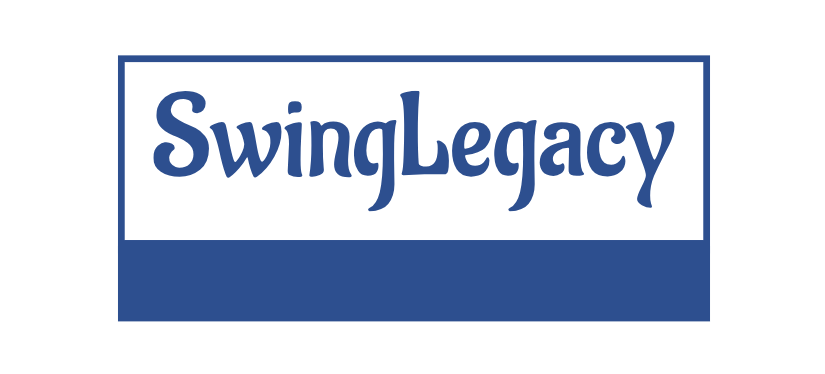Hina Khan, a prominent actor, has recently been diagnosed with stage 3 breast cancer, a condition that remains the most prevalent cancer among women both in India and globally. In a heartfelt Instagram post, Khan shared her diagnosis and the commencement of her treatment, expressing her resilience and determination to fight the disease.
What Is Breast Cancer?
Breast cancer arises from the uncontrolled growth of malignant cells within the breast tissues. It is not exclusive to women, as it can occur in men, but the incidence is significantly higher in the female population.
What Causes Breast Cancer?
The etiology of breast cancer is multifaceted, involving genetic, lifestyle, and environmental elements. Genetic predispositions, such as mutations in the BRCA1 and BRCA2 genes, significantly heighten the risk. Lifestyle factors like diet, exercise, and alcohol consumption also play crucial roles. Environmental influences, including exposure to radiation and endocrine disruptors, can further elevate the risk.
Why Is Early Detection Crucial?
Early detection of breast cancer can dramatically improve the prognosis and expand treatment options. Techniques such as mammography and regular clinical examinations are instrumental in identifying the disease at an initial stage, thereby enhancing the chances of successful treatment.
What Are the Symptoms of Breast Cancer?
Recognizing the symptoms of breast cancer is key to early detection. These symptoms can vary but typically include:
- Lumps in the Breast: Often the first noticeable sign, these should be checked immediately if discovered.
- Changes in Breast Shape or Size: Any sudden alterations should prompt further examination.
- Skin Alterations: Dimpling, puckering, or scaliness can appear on the breast skin.
- Nipple Modifications: Changes such as inversion, discharge, or pain can be indicative of underlying issues.
- Armpit Lumps: Swelling or lumps in the armpit area may suggest the spread of cancer to lymph nodes.
How Is Breast Cancer Diagnosed?
A combination of personal vigilance and medical screening is key to diagnosing breast cancer:
- Breast Self-Examination (BSE): This method allows individuals to check their own breasts for lumps or other changes.
- Clinical Breast Examination (CBE): Performed by a healthcare provider, this examination involves a thorough check of the breasts and underarms.
- Mammography: This imaging technique, involving X-rays, is crucial for detecting early breast cancer before physical symptoms develop.
- Ultrasound: Often used alongside mammography, ultrasound utilizes sound waves to produce detailed images of the breast tissue, particularly useful for examining specific concerns.
What Treatments Are Available?
Upon diagnosis, a range of treatments may be considered, depending on the stage and characteristics of the cancer:
- Surgery: Options include lumpectomy (removal of the tumor and a small margin of surrounding tissue) or mastectomy (removal of one or both breasts).
- Radiation Therapy: This treatment uses high-energy rays to target and kill cancer cells.
- Chemotherapy: Involves the use of drugs to destroy cancer cells, often used before surgery to shrink tumors or after to eliminate any remaining cancer cells.
- Hormonal Therapy: For cancers that are hormone receptor-positive, treatments can block hormones that fuel cancer growth.
- Targeted Therapy: This approach targets specific genetic changes seen in some breast cancer cells.
What Is the Prognosis for Stage 3 Breast Cancer?
The prognosis for stage 3 breast cancer can vary widely but generally involves a combination of treatments to manage the disease effectively. Survival rates have improved significantly due to advances in treatment options and early detection practices.
How Can Support Be Provided to Those Affected?
Support for individuals diagnosed with breast cancer can range from medical treatment to emotional and psychological support. Organizations and support groups can offer resources and community support to help patients and their families navigate the challenges of the diagnosis.
Hina Khan’s openness about her condition has brought increased awareness to breast cancer, highlighting the importance of early detection and the effectiveness of current treatments. Her resolve to overcome her diagnosis serves as an inspiration to many facing similar battles.

